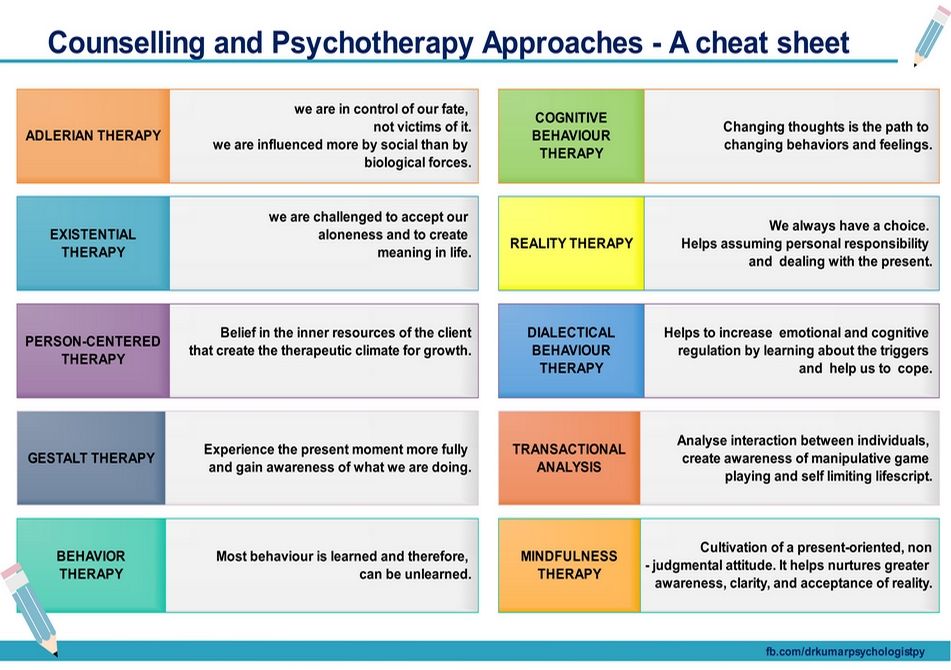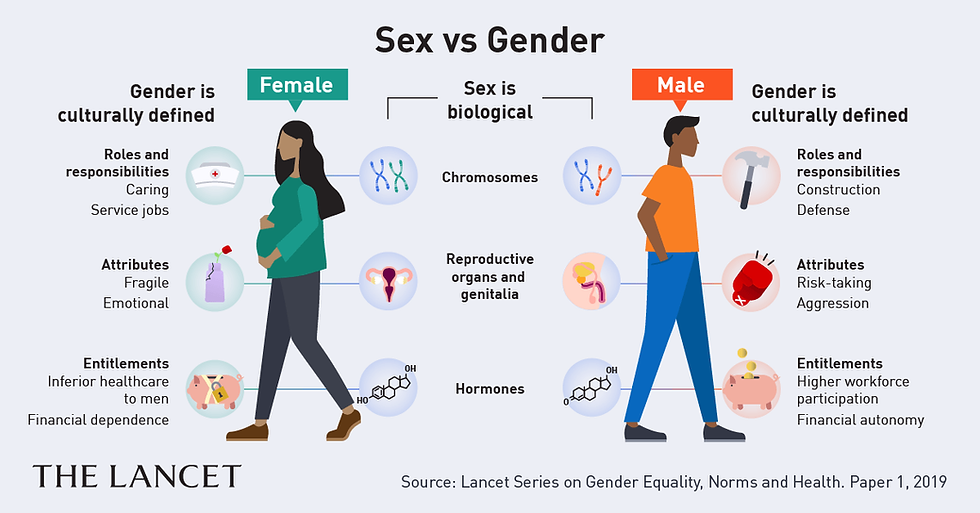Does seeing a therapist help
10 Reasons to See a Therapist
Seeking therapy, unfortunately, has long been the subject of ridicule and jest. Pursuing professional counsel for mental health concerns has been stigmatized and labeled as something that “only those with mental disorders need.”
Many have been amused by the antics of the neurotic, self-described, obsessive-compulsive Bob Wiley in the blockbuster “What About Bob.” Some may have also found humor in his complete reliance on therapy and his therapist’s prescribed “baby steps” to get through the day.
The same can be said for Adrian Monk, the obsessive-compulsive, former detective portrayed in the television series “Monk.” You may remember seeing Mr. Monk carefully sitting in his therapist’s office engaging in thoughtful talk therapy to effectively function in his germ-filled world.
Whether these and many other fictional characters portrayed their mental health conditions accurately is the subject of another article. The point is seeking therapy has too often been used in pop culture and our society as a punchline.
But effective therapy can be extremely worthwhile for many—and critically necessary for some. The brain, after all, is an organ and, like other organs, requires some qualified medical attention. Therapy can help you manage life’s varied challenges and live a more fulfilled life. It can help you understand what you’re feeling, why and how to cope. Just like visiting your doctor for regular wellness exams, or your dentist for checkups, meeting with a therapist can help keep your mental health in order. Indeed, therapy can be beneficial “just because.”
Therapy can also provide you with the needed tools to manage your emotions. Learning the art of mindfulness-based meditation can even help you take care of your own mental health and wellbeing. And couples counseling can help people work through relationship troubles and live a happier life together.
In other words, therapy can be an important aspect in improving your overall wellness. There is, however, one caveat: therapy may not be the best option for those in crisis. For anyone having suicidal thoughts, it’s best to forego therapy in lieu of immediate crisis support to help curb any suicide ideation. The National Suicide Prevention Lifeline provides 24/7, free and confidential support for those in a crisis. And for those who may not feel comfortable talking, messaging the Crisis Text Line can immediately connect them to trained Crisis Counselors.
There is, however, one caveat: therapy may not be the best option for those in crisis. For anyone having suicidal thoughts, it’s best to forego therapy in lieu of immediate crisis support to help curb any suicide ideation. The National Suicide Prevention Lifeline provides 24/7, free and confidential support for those in a crisis. And for those who may not feel comfortable talking, messaging the Crisis Text Line can immediately connect them to trained Crisis Counselors.
The same can be said for couples counseling: therapy can help, but it may not the best choice for those living in abusive relationships. Those in abusive relationships should strongly consider contacting the National Domestic Violence Hotline immediately. Therapy can then help those involved fully recover and live a happy post-crisis life, free of unhealthy relationships.
You’re Feeling Overwhelmingly Sad or Helpless
These feelings can actually be a sign of major depression.
You’ve Run Out of Advice from Friends and Family
However well intentioned, advice from friends and family on coping with life’s challenges may not be enough.
You’re Using Alcohol, Drugs, Porn or Other Unhealthy Coping Mechanisms
Managing painful or difficult emotions with alcohol, drugs, porn or other addictive means commonly leads to larger problems.
You or a Loved One are Living with a Chronic Health Condition
The uncertainty of serious illnesses can bring on stress, anxiety and depression. Therapists can help you see through the troubled waters to a bright horizon.
You’re Undergoing a Big Change
From a major career shift to a change in marital status or relocating to a new state, big changes can lead to emotional distress.
You’ve Recently Lost a Loved One or Close Friend
Grieving is normal and healthy. But if time passes and you’re still feeling a heavy burden from the loss of a family member, trusted friend or pet, therapy can help.
You Suspect You Have a Serious Mental Health Condition
Some of the most common mental health disorders are effectively treated with a combination of medication and therapy.
You Feel Like You’ve Lost Control
Therapy can help calm the waters of rampant substance abuse, rage, anger or other runaway emotions.
You’re Having Family Issues
Couples and family therapy can help improve communication, work through challenges and resolve conflicts. However, as mentioned earlier, couples therapy is not recommended for those in abusive relationships.
You Feel Like You Need to Talk to Someone
It’s as simple as it sounds—trust yourself. If you feel like you need help, seek it. Don’t be ashamed or embarrassed for taking action to improve your mental health, no matter the reason.
Davis Behavioral Health is here to help with life’s challenges. We have compassionate, caring and experienced mental health professionals that help our clients understand and manage their mental wellbeing. Whether it’s because you’ve recently lost a loved one, you’re feeling overwhelmed with life or just need to talk to someone, we’re here to help you improve your mental health.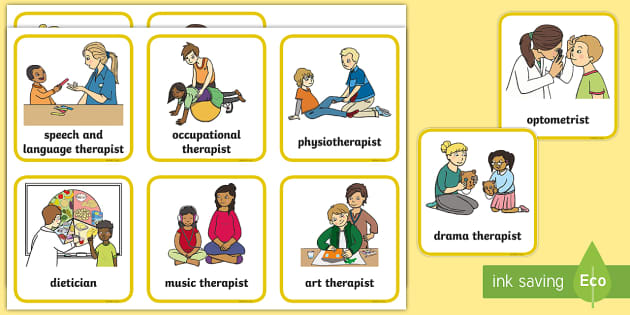
Should I Go to Therapy? 6 Reasons for Seeing a Therapist
People go to therapy for various reasons, such as major life transitions or unhelpful thoughts. But it varies from person to person.
Through therapy, a mental health counselor can help you work through difficult feelings or stressors that may affect your day-to-day life. The approach is very collaborative and depends on your relationship and your therapist.
When choosing a therapist who is right for you, consider thinking about what your deal breakers are, qualities that are important, and any other characteristics you value.
One thing to keep in mind when seeking help from a therapist is that it may take several months and help from different therapists along the way. You should never feel obligated to stick with one therapist when you feel they are not the right fit or it is time to move forward with someone else.
All that matters is that you begin psychotherapy when you’re ready and trust your intuition. How you approach your treatment is your choice. Let’s take a look at some possible reasons for seeking therapy.
How you approach your treatment is your choice. Let’s take a look at some possible reasons for seeking therapy.
If you’re diagnosed with a mental health condition, your mental health specialist may recommend therapy in conjunction with medication for your treatment plan.
Medication can lessen symptoms you may be experiencing, while therapy helps work through unhelpful or unwanted thoughts that may impact you. A therapist can help you identify such thoughts and offer ways to navigate them so that they don’t get in your way.
A diagnosis isn’t required to begin therapy. A therapist can support you during life’s transitions and offer solutions to help you recover.
Sometimes life throws major life events our way that may impact our mental health. Such life events include:
- death of a loved one
- loss of a job
- going through a divorce
- experiencing a traumatic life event
Grief is a powerful emotion that you may have difficulty navigating alone. Consider speaking with a therapist to identify and work through your grief and feeling of loss.
Consider speaking with a therapist to identify and work through your grief and feeling of loss.
Life can be challenging at times, but you don’t have to go on this journey alone. Therapy can help you discover new ways to approach challenging situations that will support your well-being.
But, more than that, you can go to therapy to help understand yourself better or improve your ability to thrive. Consider speaking with a mental health professional if you need additional support to help you manage certain feelings and unhelpful thoughts.
Sometimes we can face the various problems of life alone or with help from our loved ones, but it may not always be effective.
If you feel specific issues in your life aren’t getting better despite your best efforts, that may be a sign that you could use help from therapy. A therapist can help analyze the problem and suggest a new approach you may haven’t thought of before.
If you find it difficult to concentrate on everyday activities or work assignments, you may benefit from a therapist.
A mental health professional can assess this in therapy and offer a treatment plan that fits your needs. They may ask you various questions that can help them rule out the possibility of undiagnosed mental health conditions, such as attention deficit hyperactivity disorder (ADHD) or depression.
Consider discussing any symptoms you may have with a mental health professional to help you adopt healthy habits to improve your focus.
Sometimes our actions or lifestyle choices may seem fine to us, but then we notice that they negatively impact the other people in our lives. Therapy can help you develop a healthy relationship with yourself and your loved ones.
If you notice that loved ones are affected, consider listening to how they may feel during this time and honestly discuss how this may be impacting you. Allow space to have these conversations when you’re comfortable and open to engaging in healthy communication.
Consider speaking with a family therapist who can help you navigate these tough conversations with professional support.
Beginning therapy may help you cope with life’s challenges in healthier and more productive ways. Other benefits of therapy include:
- You will feel a relief of symptoms from your anxiety, worry, or depression.
- A counselor can help you in times of crisis while offering other services related to your issues.
- You can speak with someone who understands you and validates your feelings.
It may take time for you to find a therapist who best aligns with your goals, but the benefits of therapy can help you cope with the unhelpful thoughts or feelings you may experience. A mental health professional or your primary care doctor can help you receive the help you desire.
Many mental health therapists offer online sessions when seeing them in person is not possible. Consider online therapy if that’s a better fit for you. If you or someone you know is considering suicide or self-harm, please seek support. Help is always available.
Therapy. Appointment of a general practitioner
Specialists of the therapeutic department of the Neva clinic in Smolensk will help you quickly understand the causes of the disease and prescribe an effective treatment.
 Reception is conducted by doctors of the highest category.
Reception is conducted by doctors of the highest category. The Department of Internal Medicine is the right place for a patient to go if they are concerned about pain of unknown etiology. The therapist is a generalist who has sufficient knowledge to determine the root cause of the disease and prescribe an effective solution.
When you see a doctor in the internal medicine department, it is imperative that you describe in detail all your symptoms and general health concerns. Also, the doctor can conduct small manual or visual examinations, and to clarify the diagnosis, he will send to narrower specialists, as well as prescribe laboratory or instrumental studies. An initial consultation with a therapist will help you find out the cause of the disease and begin therapy.
The high level of equipment (own laboratories and complete latest generation hardware) allows our specialists to carry out accurate diagnostics and prescribe effective therapy in each individual case.
Treatment plan in 2 hours
- Quick appointment with the doctor!
- Specialist inspection
- Online diagnostics
- Personal manager accompaniment
- Access to test results and doctor's prescriptions
- Personal treatment plan in 2 hours
Preventive appointment with a therapist
A doctor should be visited not only if you feel unwell or have pain in the body, but also for prevention. As a rule, an ordinary person is recommended to make an appointment with a general practitioner once or twice a year. This will help to recognize incipient diseases in time and stop them at the very beginning or adjust the lifestyle and diet in order to prevent their development. At a preventive consultation, the doctor will draw up a general picture of the patient's well-being by conducting a number of basic measurements and analyzes:
- Examination of skin and mucous membranes
- Pressure measurement
- General blood/urine tests
Depending on age and if necessary, the doctor may also refer you to an ECG, ultrasound and other tests. Thanks to timely treatment, diseases such as diabetes, rheumatism, kidney problems and others can be recognized in time.
Thanks to timely treatment, diseases such as diabetes, rheumatism, kidney problems and others can be recognized in time.
If a patient has complaints, for example, of headaches, insomnia, pain in the joints or spine, then the doctor of the Neva Clinic will refer you to a specialized specialist who will make an accurate diagnosis. In any case, it is better to start the examination with a visit to the therapist. The only exceptions are cases when you have already been diagnosed and you know exactly who to contact.
Treatment
Therapeutic therapy is a multicomponent process for the elimination of the causes of the disease or the removal / alleviation of its symptoms with the help of medicines, as well as restorative medical measures aimed at restoring health.
Neva Medical Center's therapists provide preventive consultations, high-precision diagnostics, prescribe effective treatment and assist in rehabilitation. Regular visits to the doctor and following his appointments will help you maintain health and well-being for many years!
Benefits
- 5 years on the market, 10 clinics in Russia
- Advanced equipment
- Highly qualified doctors
- Individual multidisciplinary approach
- Electronic card - access anywhere in the world
- Focus on results
Reception of narrow specialists
Good to know
Reception of narrow specialists
Modern medicine is a huge amount of information, and today there is no need for one physician to know everything. Yes, this is impossible. For certain areas, there are narrow specialists - doctors involved in the treatment of certain diseases. But how do you know which specialist to go to? And how to get to it?
Yes, this is impossible. For certain areas, there are narrow specialists - doctors involved in the treatment of certain diseases. But how do you know which specialist to go to? And how to get to it?
Endoscopic studies
Capsucheal endoscopy
FGDS, FGDS under anesthesia
Colonoscopy
more internal organs, mammary glands, heart, thyroid gland
More details
Pediatric gastroenterology
Appointment of a pediatrician, specialist in gastroenterology
More details
Duodenal sounding
Diagnosis of parasitosis, determination of the chemical and biochemical composition of bile
More details
Laboratory diagnostics
Detailed analysis of urine, vol.
Read more
Cardiopulmonology Department
Reception of a cardiologist, pulmonologist. Complex programs, spirometry, ECG.
Read more
Functional diagnostics
Helps to identify deviations in the functioning of organs using instrumental methods.
Read more
Hospital
Round-the-clock hospital, one-day hospital. Treatment of opisthorchiasis in a hospital under medical supervision
More details
Diagnosis of Helicobacter pylori
All methods of Helicobacter pylori diagnostics presented in the Gastrocenter
More details
Clinical Research
A World of Possibilities Despite Crohn's Disease
More
Usually a therapist can help solve this problem. This is a doctor who specializes in the treatment of non-severe conditions (SARS and other diseases), and he will also refer you to a specialist appointment, if necessary, assessing your condition based on the results of the survey, visual examination and tests.
So, for example, a pulmonologist will deal with lung problems, and if the analysis shows that there are problems with hormones, the doctor will refer you to an endocrinologist.
Some narrow specialists can be booked on your own, this list includes:
- Ophthalmologist;
- Surgeon;
- Urologist;
- Gynecologist;
- Dentist.
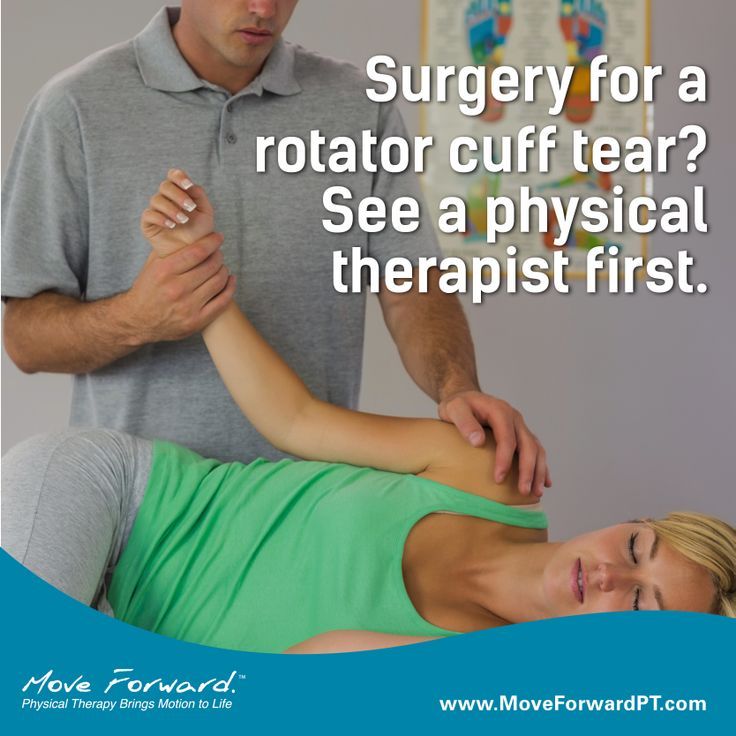
And a number of other doctors. However, if you are in doubt about where to go with your problem, you can still visit a therapist - he will help. Although, of course, if you have a toothache or vision has fallen, in such cases there should be no doubt.
In paid clinics, as a rule, you can make an appointment with narrow specialists directly. Although here it makes sense to visit a therapist if you are not quite sure which doctor is better to entrust your health problems.
Gastrocenter employs doctors of various specializations. So here you can get all the necessary examinations and treatment. This can be much faster than waiting for an appointment at a state clinic - the workload of doctors is very high, sometimes patients wait for an appointment for several weeks.
We created the Gastrocenter to ensure that patients always have access to high-quality modern medicine.
-
Professionals
Professors, doctors of sciences, doctors of the highest category and honored doctors of Russia with many years of experience and thousands of grateful patients
-
Maintenance and service Feedback form on the website
-
Modern equipment0005
-
Approach to treatment
Gastrozenter practices the “completed occasion” approach - treatment and constant monitoring until the patient’s full clinical recovery
previous post
VMS
gastrokes proposes a program for VHI.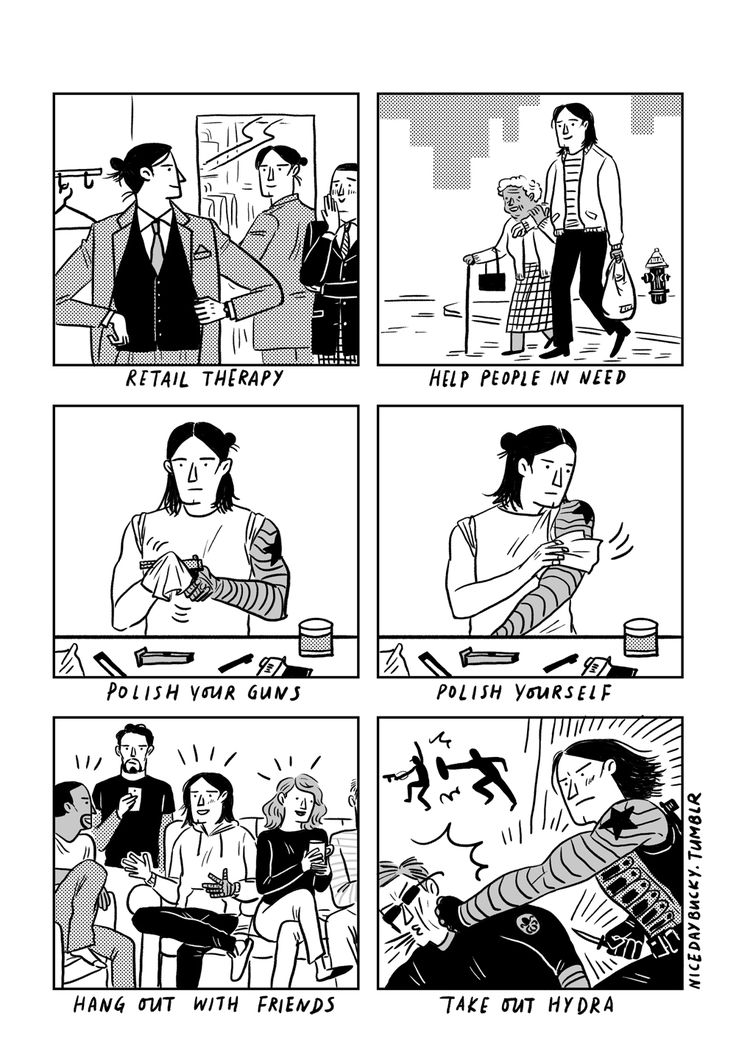 in Novosibirsk
in Novosibirsk
Where does the pulmonologist work?
Gastrocenter offers a pulmonologist appointment in Novosibirsk
How we work
-
Our main principle is the highest level of doctors. All doctors of the Gastrocenter undergo a rigorous professional selection, you can be sure that your attending physician is a high-level professional.
-
We believe that careful and careful attitude to the patient during treatment is the key to its success. You are guaranteed an individual approach, attentive and friendly doctors.
-
When making an appointment by phone, we book a time so that there is no queue and our patients do not have to wait long for an appointment. You can sign up for any time convenient for you, including, we work on Saturday. Survey results can be sent by email.
-
We start each treatment with a detailed discussion. Please do not hesitate to ask the doctor for more details about your illness, why you have been prescribed this or that test - they will tell you everything.
